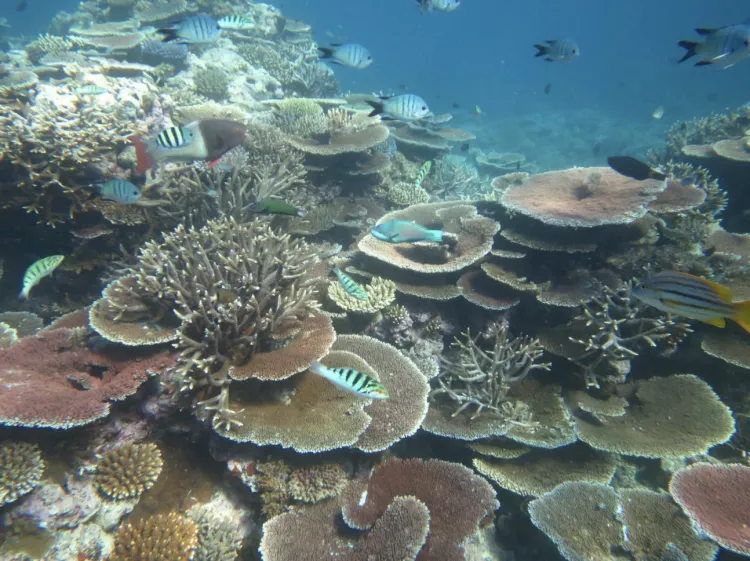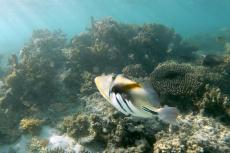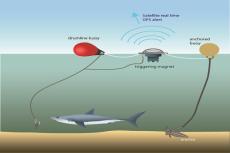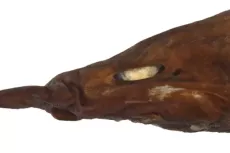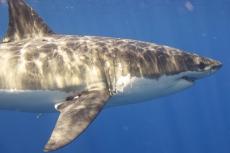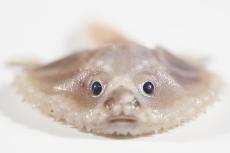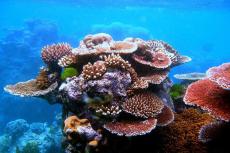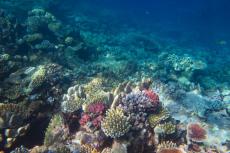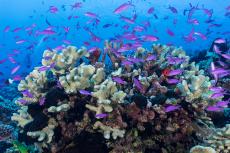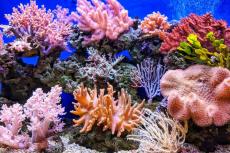Why table corals matter in reef regeneration
Table corals can speed up a coral reef's regeneration, according to new research.
Remember those large table corals (tabular Acropora) at the Great Barrier Reef?
A new study had shown them to be “extraordinary ecosystem engineers”, with the ability to regenerate coral reef habitats at the iconic reef at a rate 14 times higher—more than 20 years faster—than any other coral type.
In essence, the research indicated that overall reef recovery would slow significantly if these corals declined or disappeared at the reef.
Lead author Juan Carlos Ortiz, an Australian Institute of Marine Science (AIMS) scientist, said that the coral’s "large, flat plate-like shape provides vital protection for large fish in shallow reef areas and serves as a shelter for small fishes, with some species almost entirely dependent on table corals.”
“Even after death these corals provide value, as their skeletons are the preferred place for young corals of all types to settle,” he added.
Focusing on coral's ecosystem function
In the study, the authors suggested table corals as an additional management focus. This line of management—focusing on the coral’s ecosystem function, rather than solely on its risk of extinction—was ground-breaking in terms of ecosystem-based management.
However, table corals aren’t the most resilient of the coral species. They cannot cope well with intensifying thermal stress, are highly susceptible to diseases and anchor damage, and are a preferred meal for the crown of thorns starfish.
Although some of these factors can be countered—for example, with more effective anchoring restrictions and reducing the number of crown-of-thorns starfish—protecting table corals by itself is not enough to ensure the reef’s recovery.
University of Queensland scientist and co-author Professor Peter Mumby said that it was not a silver bullet, saying, “Protecting table corals could be part of a suite of actions that look at reef recovery, with other management focused more specifically on protecting biodiversity.”
The new study was led by AIMS, in collaboration with the Great Barrier Reef Marine Park Authority, the University of Queensland and The Nature Conservancy.
The findings of the study was published in the journal Conservation Matters.


